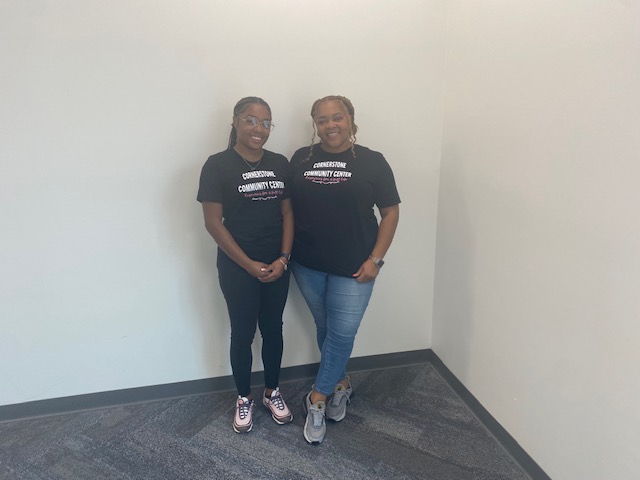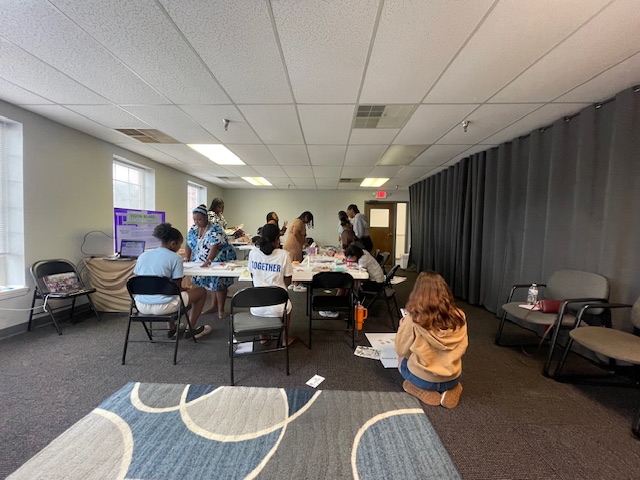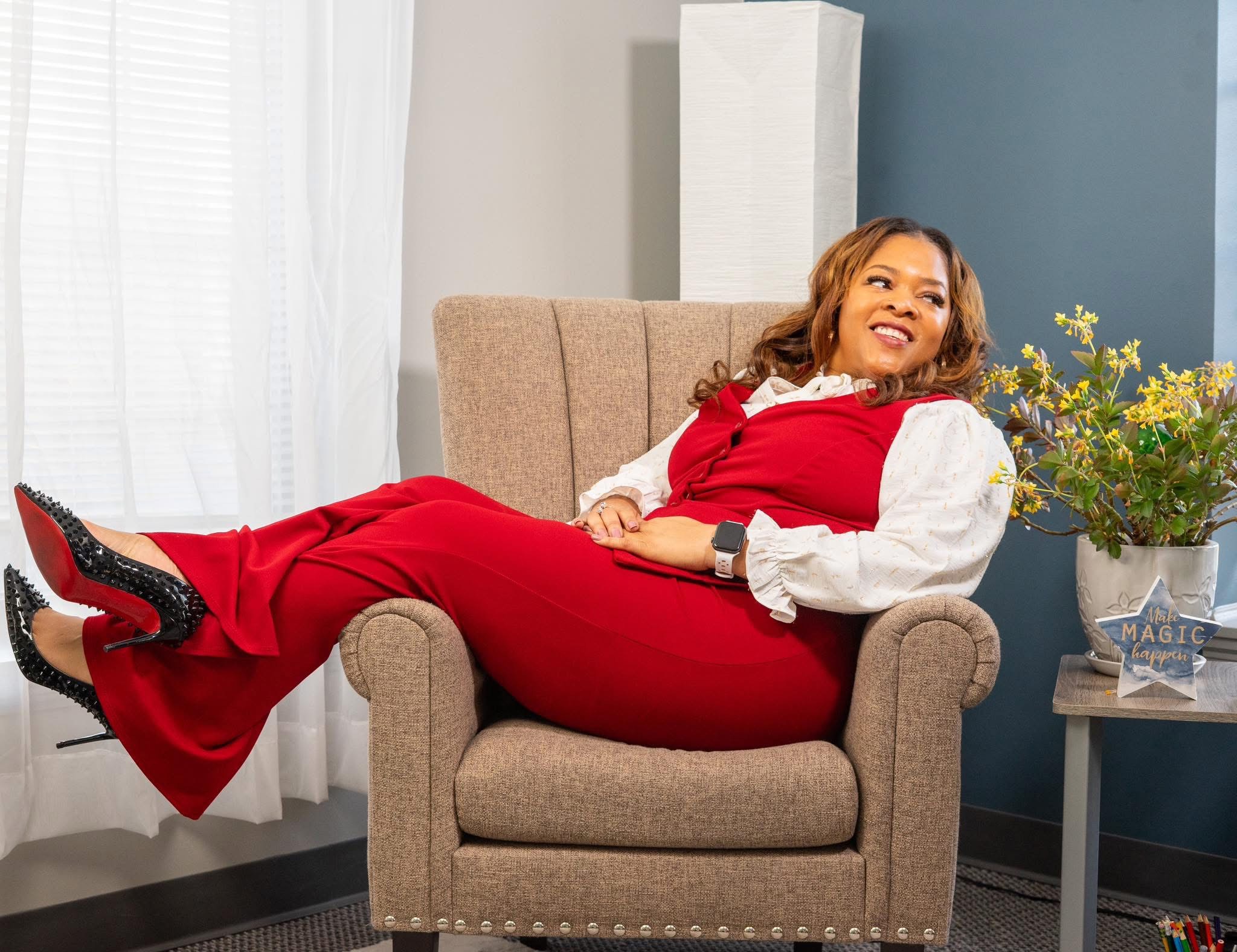We were lucky to catch up with Yolanda Stoner recently and have shared our conversation below.
Yolanda, looking forward to hearing all of your stories today. Can you open up about a risk you’ve taken – what it was like taking that risk, why you took the risk and how it turned out?
One of the biggest risks I’ve taken in my career was deciding to walk away from the stability of the business world and pursue a completely new path in mental health. After earning a degree in business and building a solid professional foundation, I reached a point where I realized my true passion lay elsewhere — in advocacy, education, and creating meaningful change. I was especially motivated by the need to address mental health stigma within the Black community, while also remaining committed to serving people from all backgrounds facing barriers to receiving care. That clarity was both exciting and terrifying, because it meant undoing years of work and starting fresh in an entirely different field.
The change required me to return to school in my late 30s, a stage in life when many of my peers were already well-established in their careers. At the same time, I was a single parent, and I refused to let my daughter sacrifice for the choices I was making. Balancing coursework, professional responsibilities, and motherhood meant long nights and constant juggling. Still, I was determined to show her that it’s never too late to chase your purpose and that perseverance can open doors that once felt out of reach.
That risk turned out to be the most rewarding decision I’ve made. Returning to school not only gave me the skills and knowledge I needed, but it also reaffirmed my resilience and capacity to grow at any stage of life. It opened doors to opportunities I could never have accessed otherwise — including leadership roles that allow me to serve diverse communities and make a tangible difference in mental health equity. What once felt like starting over has, in reality, been a chance to build a career with purpose, authenticity, and impact — while also modeling for my daughter what it looks like to bet on yourself.
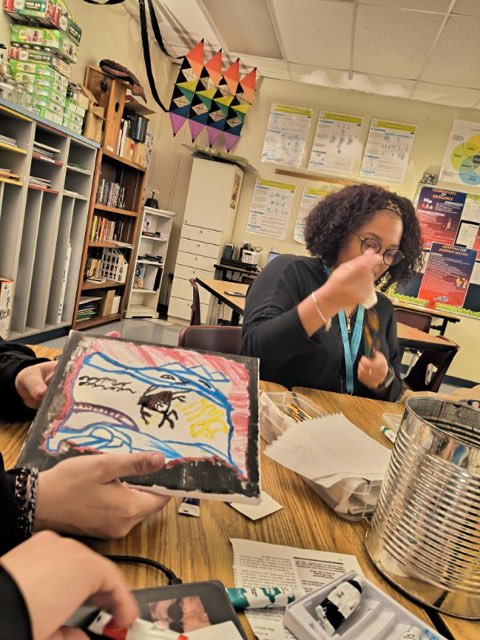
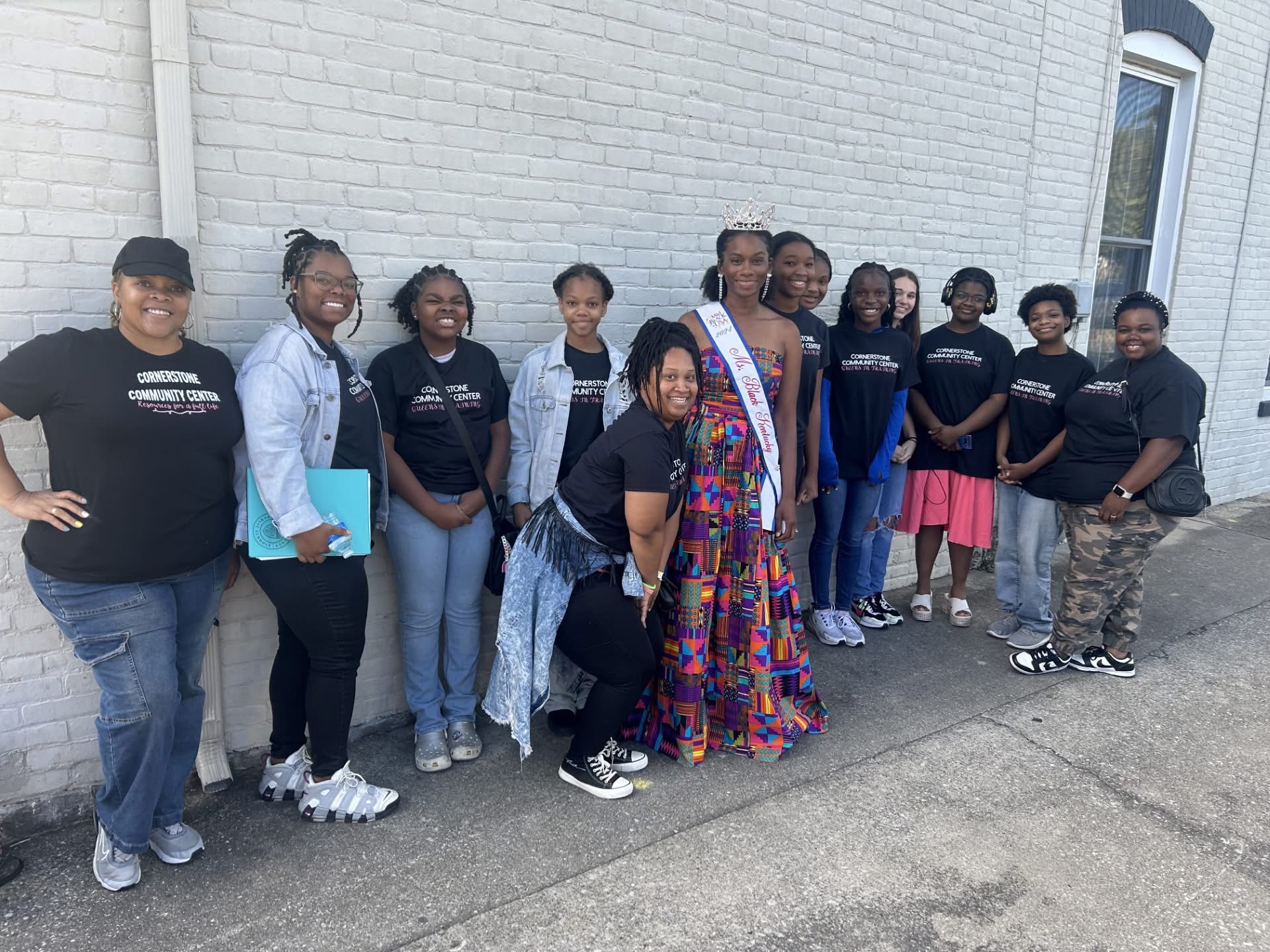
Great, appreciate you sharing that with us. Before we ask you to share more of your insights, can you take a moment to introduce yourself and how you got to where you are today to our readers.
I’m the founder of CornerStone Community Center, a nonprofit with a mission to provide resources and stability across socioeconomic divides through a holistic approach. Our work centers on family supports, health and wellness, education, and emotional wellbeing. At its core, CornerStone is about merging the development of mental and emotional needs with practical life skills—because both are essential for people to thrive.
The seed for this vision was planted in my childhood. I remember watching The Cosby Show and being inspired by the idea of a place where families could find guidance, support, and encouragement under one roof. Years later, after building a career in business and HR, I felt called to follow my passion in my late 30s and step fully into the mental health field.
I hold an associate’s degree in Business Management, a bachelor’s in Psychology, and a master’s in Clinical Mental Health. My professional journey began as a therapist, where I discovered how much joy it brings me to watch people find peace and recognize the power they already carry within themselves. What lights me up the most is seeing that “lightbulb moment” when someone realizes they can overcome what once felt impossible.
While I value one-on-one therapy, I wanted to expand my reach to individuals who might not otherwise seek it out. That led me to immerse myself in the community—working as a mental health specialist in schools, volunteering with at-risk youth, and facilitating groups in a homeless shelter for adolescents. These experiences affirmed my belief that people need a safe, supportive space that goes beyond traditional therapy. That’s the vision for CornerStone: one place, in the heart of the community, where all of these services and supports can come together.
Though we’re still in our early stages, we’re already taking steps forward. In August 2024, we launched our first program, Queens In Training—a six-week mentorship initiative for girls ages 13–17. The program helped young women explore their purpose while building confidence through leadership workshops, career development activities, etiquette training, and creative expression. It was inspiring to watch them grow in self-belief and leave more motivated to step into their futures.
What sets me apart as a therapist and leader is the authenticity and ease I bring into the space. I aim to create an environment where people feel safe, seen, and heard. As a Black therapist, I am especially intentional about addressing the stigma around mental health in communities of color. Representation matters, and I want to show that seeking support is not only normal—it’s powerful.
I am most proud of pushing past fear and choosing to step fully into my purpose. My work is rooted in authenticity, compassion, and cultural awareness. For anyone learning about CornerStone or my journey for the first time, I want you to know that my goal is to help people move from simply surviving to truly thriving. The cards you’ve been dealt don’t define your entire story. With support, healing, and the right tools, new chapters are always possible.
Looking ahead, CornerStone will one day be a full-service community hub—with spaces for therapy groups, a kitchen for teaching life skills, recreational areas like a basketball court and swimming pool, a library, and even quiet rooms where people can take a moment to collect themselves. Until then, we’ll keep using the spaces we have to plant seeds of healing, growth, and empowerment in our communities.
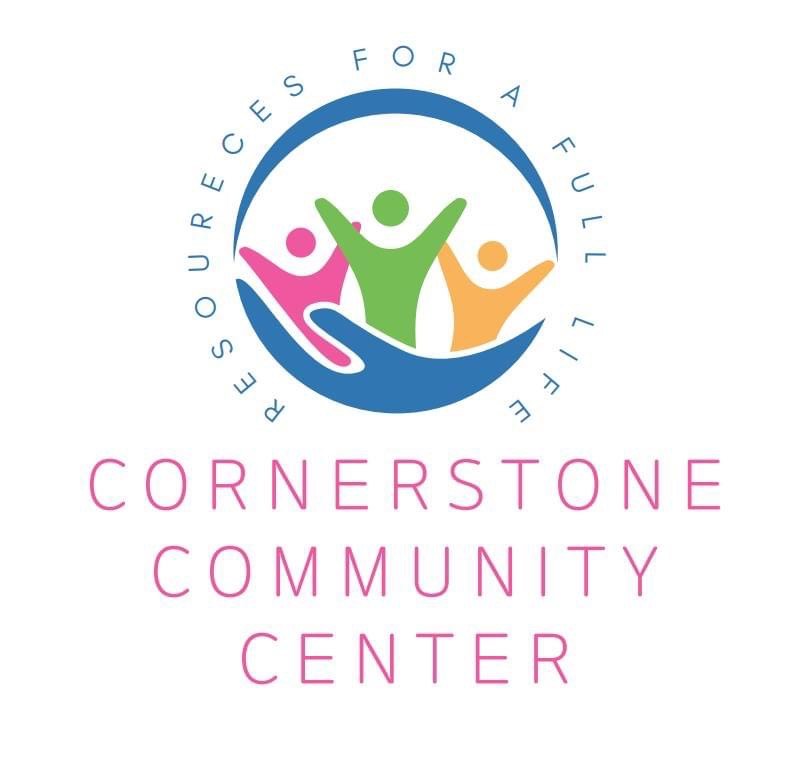
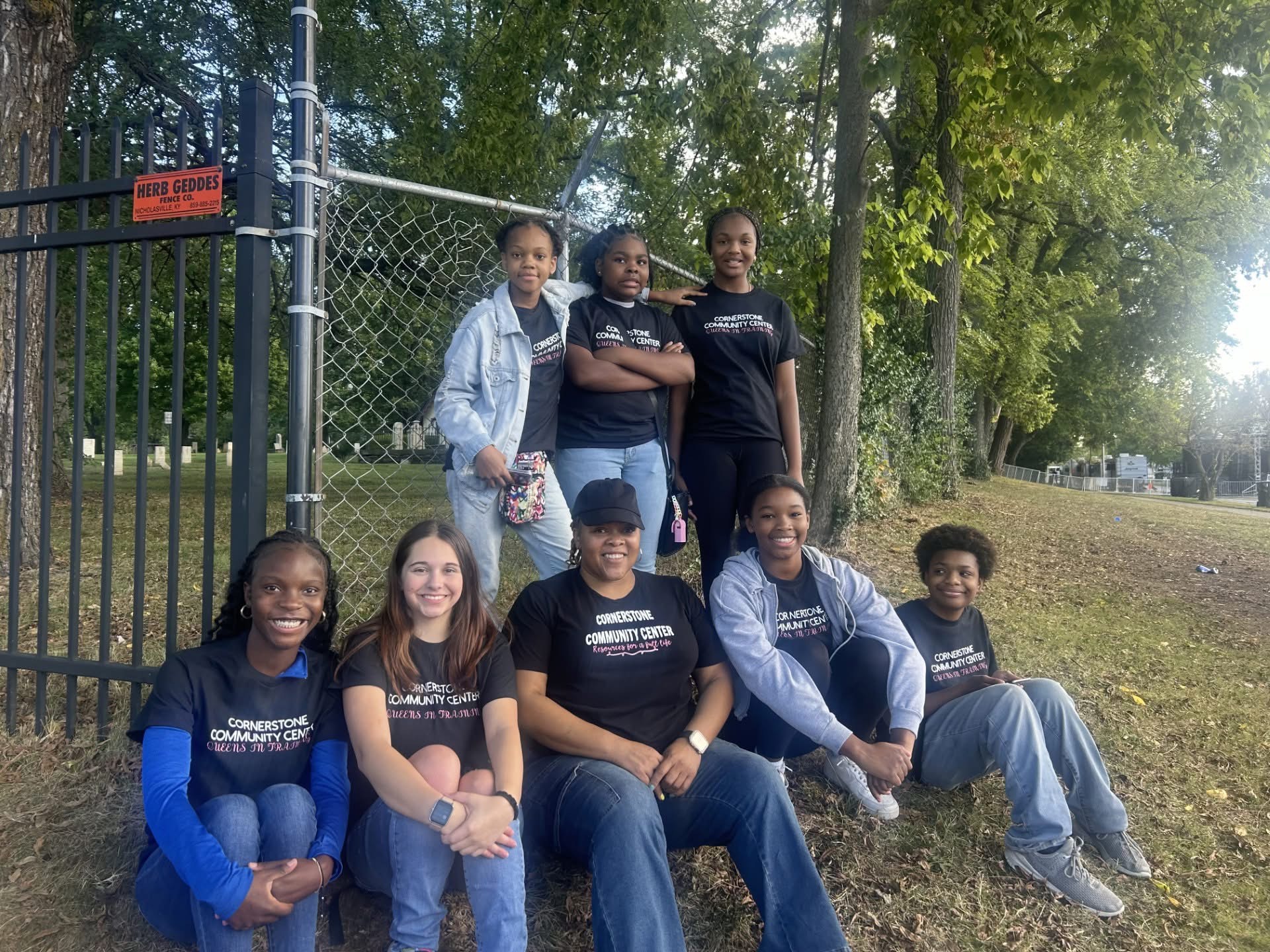
Putting training and knowledge aside, what else do you think really matters in terms of succeeding in your field?
Beyond training and knowledge, I believe the most important qualities for succeeding in my field are empathy, authenticity, and the ability to connect with people on a human level. Being able to truly listen, understand, and create a safe space is what makes therapy effective. Persistence, self-awareness, and a commitment to continual personal growth are also key—because the more you understand yourself, the better you can guide others through their journeys. I also believe that prioritizing self-care is essential; taking care of your own mental and emotional well-being ensures you can show up fully for your clients
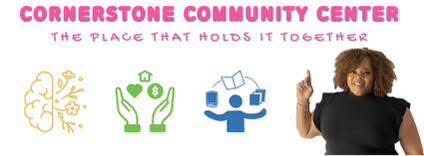
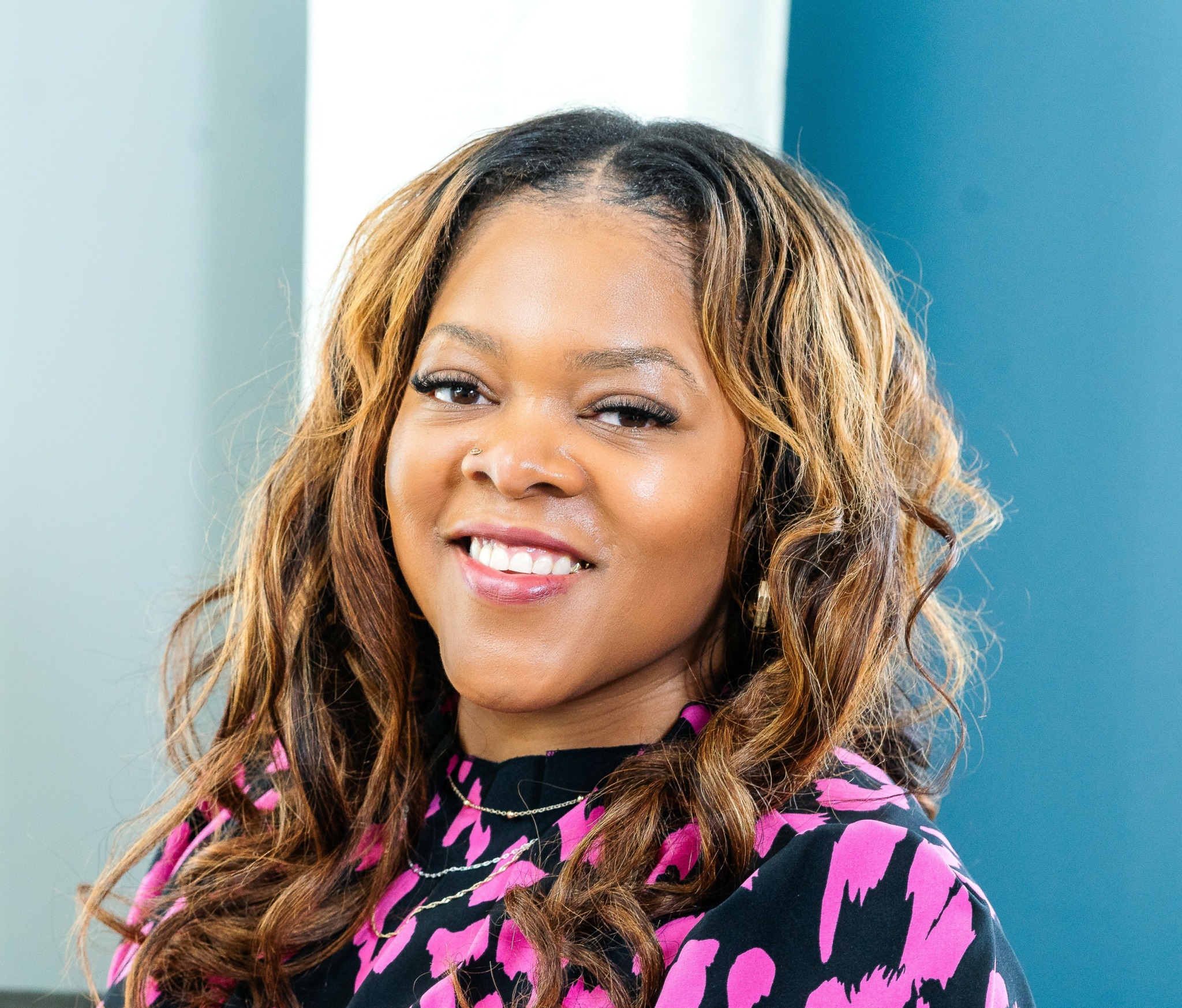
If you could go back, would you choose the same profession, specialty, etc.?
I would absolutely choose the same profession. Every day, I have the privilege of helping people heal, grow, and step into their full potential. The work is challenging, but it’s also deeply rewarding to see individuals being empowered.
Contact Info:
- Instagram: Cornerstonecclex
- Facebook: CornerStone Community Center, Inc.
